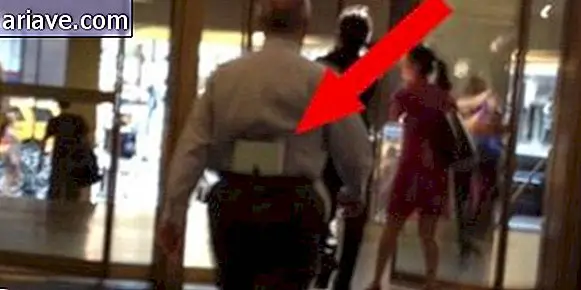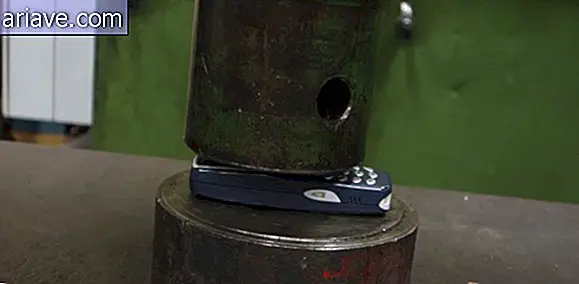Study proves we're not good at noticing when we're being deceived
We know that when a person lies, he or she demonstrates the lie through some subtle signals, such as changing speech rate, blinking, stuttering, and so on. Still, it does not seem very simple to recognize when you are being deceived, and a recent study has sought to evaluate this issue more closely and to clarify some points on the subject.
According to the research, it is not that simple to analyze a person's speech and behavior to the point of understanding whether or not he is lying, which can be a bit daunting, we know.
“The findings suggest that we have strong prejudices about the behavior associated with lies, about which we act almost instinctively listening to others. However, we do not necessarily produce these tips when we are lying, perhaps because we try to suppress them, ”explained Martin Corley, in a statement published in IFL Science.
The search

The team came to this conclusion based on the participation of 24 volunteers who agreed to engage in a computer game of hunting for treasure with another participant. Detail: During the game, it was allowed to lie, cheat and cheat unceremoniously.
For the game, each participant would choose a location that might or might not be where the treasure was hidden, and then his partner needed to guess where the longed-for object of desire was. During the game, the researchers sought to identify at least 19 clues of lies through the volunteers' body language and two through verbal language. In addition, participants also talked about when they believed they were being deceived.
Results

The results revealed that people tend to make wrong associations to understand if they are being deceived, and often the clues of lies were used when participants were telling the truth.
According to the researchers, it is possible for people to get clues that they are being deceived, but this is more likely to happen when the clues are subtle, almost as if they were automatically given and perceived without effort.
In short, what is clear is that a liar's body language is not as straightforward as we might imagine, and to make matters worse, we cannot easily identify a lie. The upbeat side of the research is that people tended to be truer most of the time and also thought they were being misled to a lesser extent, which may already be a consolation. Maybe the way is to trust even more, but of course with one foot back in a few moments.
***
Do you know the Mega Curioso newsletter? Weekly, we produce exclusive content for lovers of the biggest curiosities and bizarres of this big world! Register your email and do not miss this way to keep in touch!











